When looking at the tourism industry of the Maldives, one must grasp the exclusiveness of the brand it displays to the outside world. It takes a lot of hard work, cost and reliable consistency to keep up with the upmarket luxury brands. Customer prospects when visiting Maldives remains enormously high given the nature of the destination.
Ironically, a bad vacation might start on their ride to the airport from home or even at the flight itself that may not have any connection with the destination. Nevertheless, for the customer, it’s interrelated as the whole experience. This is one of the vulnerabilities of the service industry. Unlike tangible products, it is the experiences that make up the product. It’s a people-based industry where people are part of the end product. Their mood depends on the consistency, the reliability and efficiency of the service. We cannot separate these two entities.
The remarkable economic growth of the past three decades created multiple job opportunities. The government has created many platforms to train Maldivians to match the needs of the growing industries, especially the tourism industry. But the demand for service personnel overtook the ability of the country to train people for such needs. The relative affluence created by the economic growth made the educated reluctant to work at jobs of certain categories. These factors together with the cost of living and consequent demand for higher wages by Maldivians resulted in an unmanageable and socially undesirable migrant workforce, creating new problems.
An awakening call made recently by the Maldives parliament when they are on the edge of passing a bill to increase the local ratio of Hospitality, indeed its good news, but the question is “Are we ready?”.
After about 50 years being one of the best destinations in the world, we have fallen back. Especially the local talent has been shadowed with various reasons. It is always easy to blame rather than looking at the real scenario of the crisis.
Public view on Hospitality
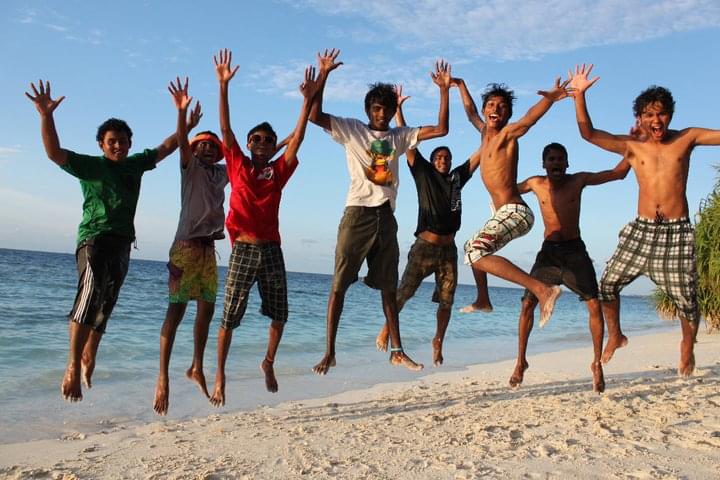
The view of the general public given to hospitality industry is very low, especially to jobs in Housekeeping, Culinary. Often the employees face the critics with words like, “you’re just a room boy” or “cooking is for women”, in the real scenario the room boy is one of the main reasons of making the tourists happy during the stay. To get away from these critics many locals leave the industry.
Tourism jobs are Room Boys & Waiters
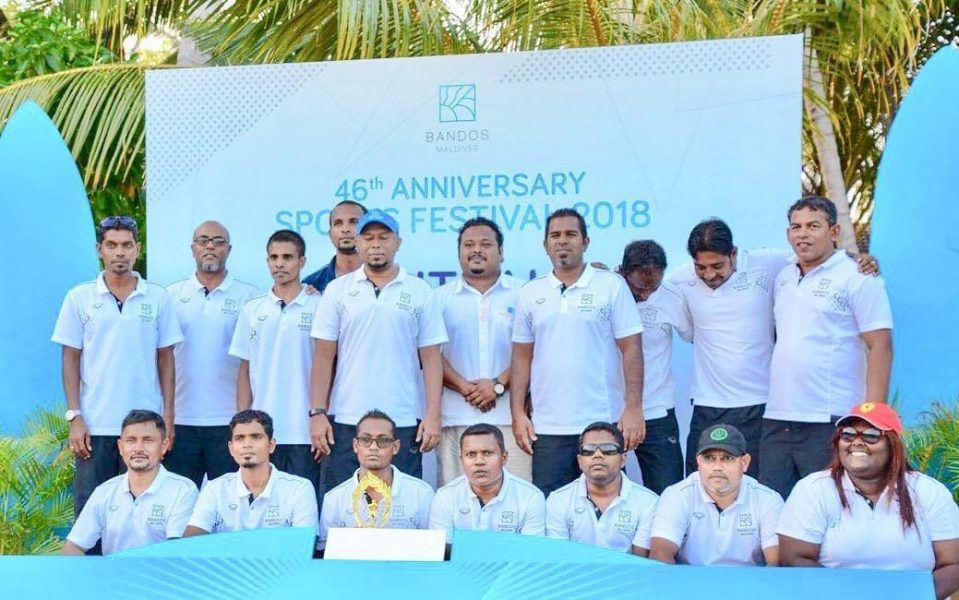
In a class of 30 students, 20 has the interest to work in Tourism, and in reality most of them wants to work in F&B and Housekeeping. Tourism industry is not based only on F&B (Waiter) and Housekeeping (Room Boy), there are many other areas where locals can show their talents, especially in Culinary, HR, Finance and Engineering.
The demand for tips
:max_bytes(150000):strip_icc()/Receiptandmoney-GettyImages-78773767-5a3f4222f1300a003795e0cd.jpg)
Tips are an important aspect of many front-line employees, but the idea of only doing a job for tips has shown lack of interest in the designated job and the interest to career growth by many local employees. Eventually, the local is replaced as standards could not be maintained.
Idea of Lower Basic pay

General starting jobs have a scale of $300 which sums up to around MVR 4500. Compared to the living standard and prices, this is a low wage. But also, a fact is that this does not end here, hospitality employees have the benefit of service charge. Front line employees have the benefit of tips given by guests.
Being away from family & friends
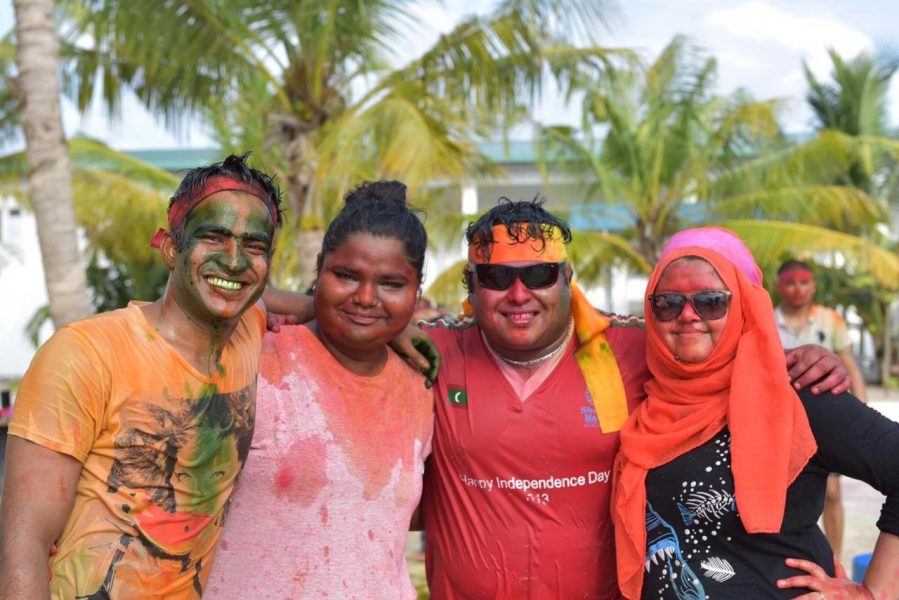
Family & friends are a very important part of life, but in the Maldives, resorts are scattered around the country and most of us have to leave our loved ones if we decide to join the industry. Many local employees find this difficult and tend to leave after a few months.
Comfort Zone
 Atmosphere Kanifushi
Atmosphere Kanifushi
The biggest termite in the industry is the comfort zone. It’s observed that after few years we go into our own comfort zone and we forget that we have to change according to standards arising in the industry. The change is not accepted by many.
Hospitality labelled as a men’s industry
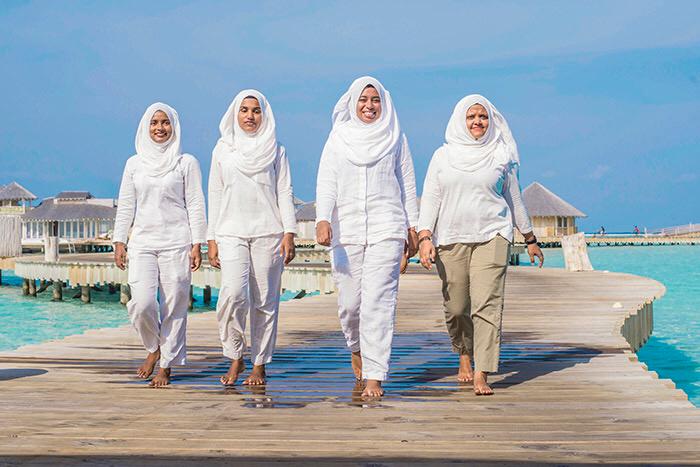
Rarely we see local females working in hospitality. An image has been created that the industry is for men and if women join the industry they are criticized by many even among the family.
Adapting to a multi-cultural environment

Adapting to a multi-cultural environment at times causes nationality dominance, and this is addressed in maintaining equal attention. We fail to accept others while we believe that others should accept our cultures.
Hospitality as a temporary boredom killer
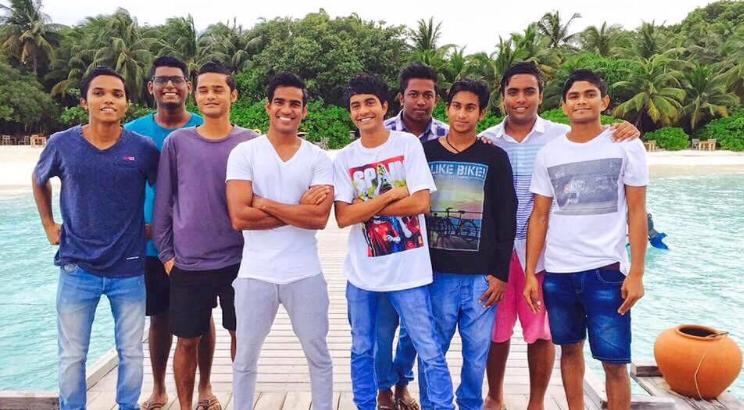
Often, we find locals applying to hospitality jobs in order to kill the boredom while waiting for a job on the island. This increases the turn over massively to some employers.
Lack of foreign language speakers

Tourists in the Maldives
In this industry, it is necessary to seek a language looking at our tourists. Many opportunities are missed as we do not have the interest to learn another language than English. I believe if employers can find locals who speak other languages, there would be no employer to say NO.
The above facts are few challenges why local talent is hard to find for Hospitality to match the Ratio we all dream to have. We always tend to blame resort managements on not recruiting many locals. But, we have created so many barriers which give a chance to employers to hire expats on the positions we could have easily filled. Unlike other industries, Hospitality is an amazing platform where locals can go forward in many ways.
Looking back, Maldives can show 100% local talent if we change the mindset of ourselves. The workforce is available, but the interest, dedication and motivation should be shown towards employers.
About the Author: Ismail Shahid is the Human Resource Manager at Atmosphere Kanifushi Maldives.
Full details are available at the link below:







